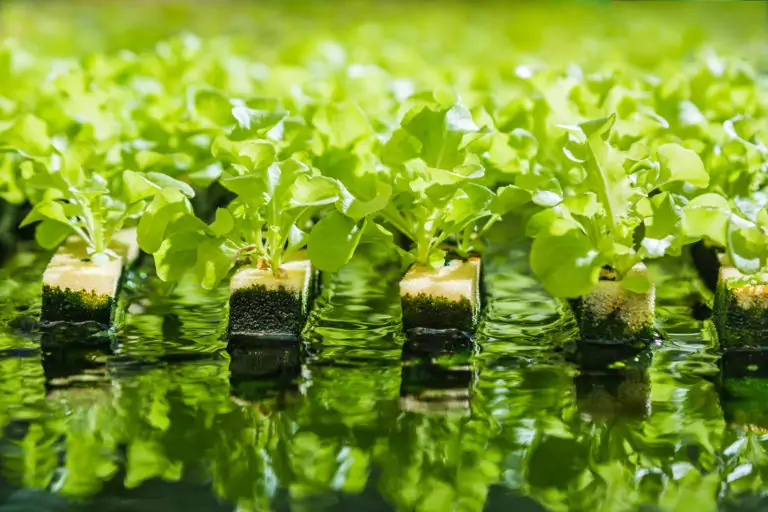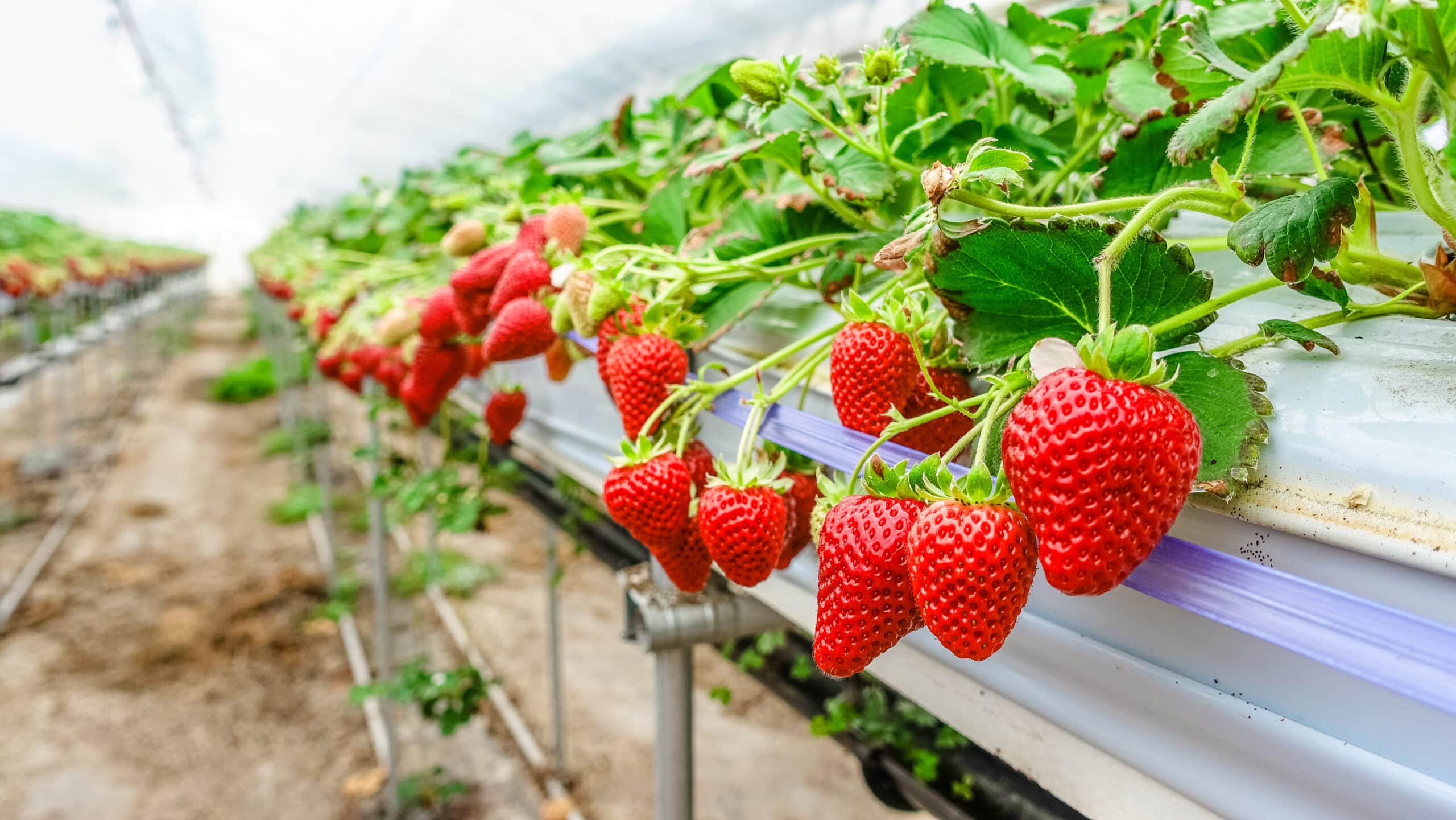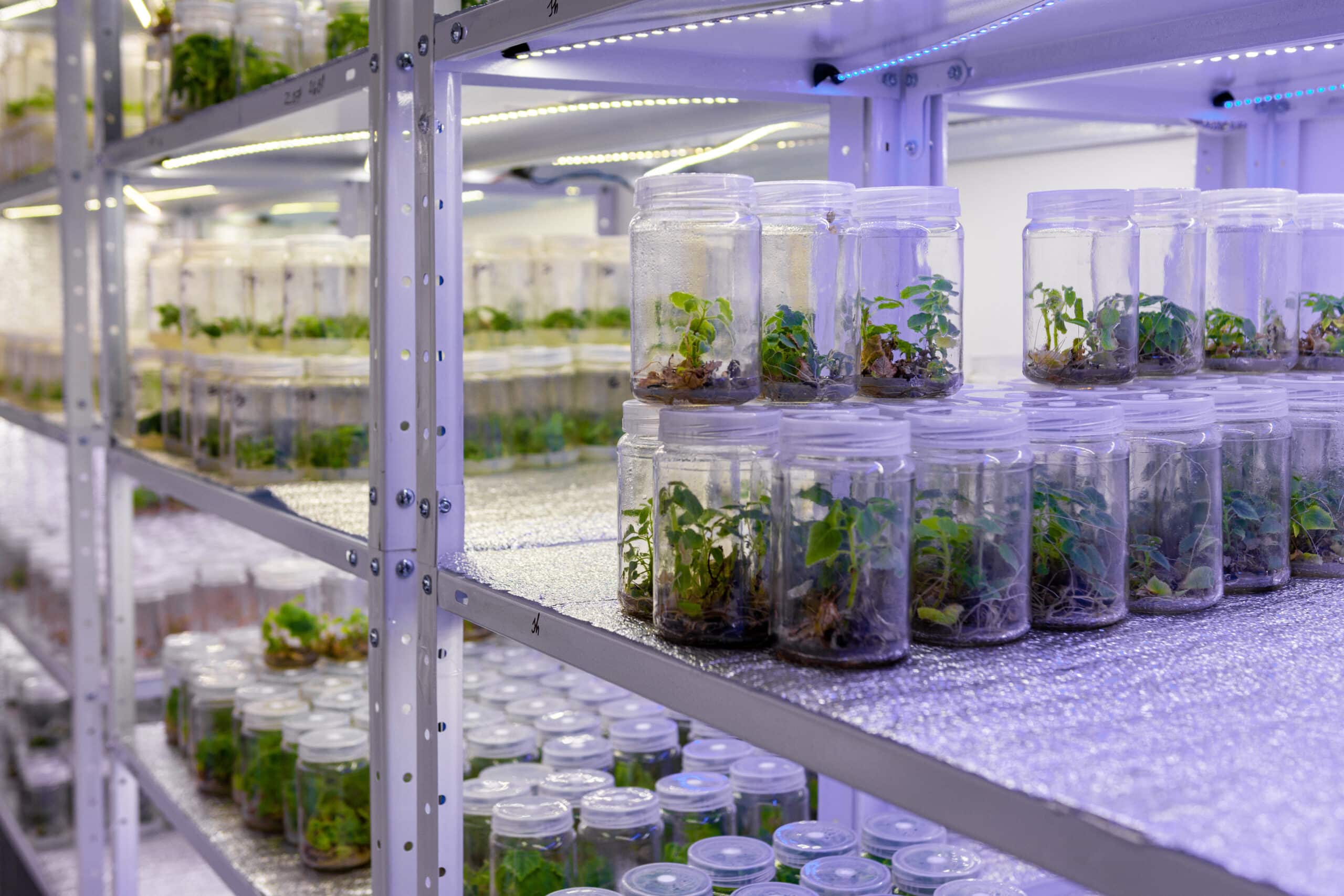Dwindling water resources have persuaded the government of Saudi Arabia to shut down the domestic production of low-value irrigated crops. However, the Kingdom is developing as a producer of high-value food crops using sophisticated hydroponic technologies.
Water Restrictions
The Middle East and North Africa (MENA) region is home to around 5 percent of the world’s population but has only 1 percent of the world’s renewable water resources. It also has the highest per capita rates of freshwater extraction, exploiting more than 75 percent of its renewable water resources, due to the lower absolute amount quantity of water available in the region.
“Government policy is supportive of the domestic production of high-value crops, particularly fruit and vegetables such as tomatoes, cucumbers, citrus fruit and bananas.”
Government Strategies
Governments in the region have been adopting strategies for balancing their scarce resource and growing demand for fresh water.
The government of Saudi Arabia has developed desalination plants to provide drinking water to its population. Other governments have developed sophisticated water storage facilities to manage water for current and future use.
Much of this water is used for food production. The Middle Eastern countries – Bahrain, Egypt, Jordan, Kuwait, Lebanon, Oman, Qatar, KSA and the UAE – comprise 367 million hectares, or less than three percent of the world’s total land area.
However, the greater part of the area is desert, of which only a very small portion is suitable for agriculture. The region relies heavily upon irrigation for agricultural production.
Water Shortage: Looking ahead
In response to the twin threats of water scarcity and climate disruptions, countries within the MENA region must plan strategically to ensure food security and sustainability. At Farrelly Mitchell, we hold deep insights into nutrition & food security. We offer strategic advice to governments, multilaterals, and private sector entities on the most cutting-edge agtech and foodtech tools and strategies to establish sustainable and resilient production, including CEA.
We provide key insights into the adoption and implementation of CEA facilities, including water management, agri-inputs, strategy & execution, sustainability and esg, and much more. By leveraging our expertise, we empower our clients to not only meet the current demands but also to innovate and thrive in an era of environmental challenges and technological advancements. Contact us today to learn more.














